In the vast ocean of global economics, the United States has long been a colossal ship, steering the course of international trade and commerce. However, the recent waves of erratic trade policies, spearheaded by the Trump administration, have transformed this once-stable vessel into a rudderless raft, tossed about by the tempestuous currents of uncertainty and volatility. From the boardrooms of America's largest corporations to the checkout counters of everyday consumers, the impact of these policies is being felt with increasing severity, threatening to capsize the very foundations of the American economy.
At the heart of this storm lies the imposition of tariffs, a seemingly simple economic tool that has spiraled into a complex web of unintended consequences. The Trump administration, in its quest to protect domestic industries, has unleashed a cascade of tariffs on imported goods, with China bearing the brunt of these measures. The United States has imposed a 10% universal tariff on virtually every good entering the country, coupled with exorbitant 145% tariffs on Chinese products. This is not merely a trade barrier; it is an economic blockade, a trade embargo in all but name, aimed at the world's second-largest economy.
The immediate and most visible consequence of these tariffs is the ripple effect they have created throughout the supply chains of American companies. Take, for instance, the case of PepsiCo, a global giant in the food and beverage industry. In a statement that echoes the concerns of many corporate leaders, PepsiCo CEO Ramon Laguarta warned of "more volatility and uncertainty, particularly related to global trade developments," which he expects will inflate supply chain costs. This is not an isolated prediction; it is a clarion call from the front lines of corporate America, signaling that the tariffs are not just a political maneuver but a financial albatross around the neck of businesses.
The impact of these tariffs is not confined to the corporate balance sheets; it extends to the wallets of everyday consumers. The food industry, a sector that touches the lives of every American, is particularly vulnerable. Chipotle, the popular fast-food chain known for its burritos, reported a decline in quarterly sales for the first time since the Covid-19 pandemic. This drop is not due to a lack of appetite for their menu items but rather a direct result of the tariffs. The cost of imported ingredients, such as beef from Australia and avocados from Peru, is set to soar, translating into higher prices for consumers. Chipotle CEO Scott Boatwright candidly admitted that economic concerns were the "overwhelming reason" consumers were reducing their frequency of restaurant visits. In essence, the tariffs are not just a tax on foreign goods; they are a tax on American appetites.
Procter & Gamble, the household name behind brands like Pampers and Tide, is another casualty in this trade war. The company, which has built its reputation on affordability and reliability, has been forced to slash its sales guidance for the year. CEO Jon Moeller minced no words when he declared that "tariffs are inherently inflationary." The company is bracing for price increases starting in July, a move that will inevitably pinch the budgets of American families. Moreover, Procter & Gamble is exploring changes to its product formulas to mitigate the impact of tariffs. This is not just a business strategy; it is a desperate attempt to navigate the treacherous waters of a trade war that shows no signs of abating.
The travel industry, a cornerstone of the American economy, is also reeling from the effects of these tariffs. Airlines, which rely on a delicate balance of supply and demand, have been forced to withdraw their financial guidance for the year. American Airlines, Delta, Southwest, and Alaska Air are all grappling with the uncertainty of an economy buffeted by trade winds. American Airlines Vice Chair Steve Johnson revealed that lower-income Americans, the most price-sensitive segment of the market, are flying less. The cost of new planes, exacerbated by tariffs, is being passed on to consumers, making air travel an unaffordable luxury for many. The ripple effect extends beyond the skies to the hospitality industry, with hotels and tourism-reliant businesses reporting a decline in international visitors. The Federal Reserve's periodic survey of businesses across the country highlighted a "falloff in international reservations," particularly from Canadians, who are responding to the economic uncertainty and unfavorable tariff policies. The once-thriving tourism industry is now facing a summer of empty hotel rooms and quiet attractions, a stark reminder of the far-reaching consequences of a trade war.
The stock market, often seen as a barometer of economic health, has also been battered by the trade war. The Dow Jones Industrial Average, a symbol of American economic prowess, plummeted 9.1% in the first three weeks of April, its worst performance for any April since 1932. This is not just a dip; it is a free fall, a reflection of investor anxiety and market instability. The International Monetary Fund has warned that Trump's trade war will slow down global economic growth, a prediction that sends shivers down the spine of economists worldwide. The risk of a US recession this year, fueled by these trade policies, is alarmingly high, with estimates ranging from 50% to 70%. The very fabric of the American economy, woven from threads of consumer confidence and business investment, is being unraveled by the tariffs.
The damage extends beyond the economic realm; it is also eroding the brand that is America. In a world where nations compete not just through economic might but also through soft power and global influence, the United States has long been a beacon of aspiration. However, as Citadel CEO Ken Griffin, a billionaire supporter of Trump and a major donor to Republican candidates, pointed out, "The United States was more than just a nation. It’s a brand. It was like an aspiration for most of the world. And we’re eroding that brand right now." The trade war is not just a battle over tariffs; it is a battle for America's global standing and reputation.
The Trump administration's erratic trade policies have unleashed a cascade of negative consequences that are reverberating through every sector of the American economy. From the food on our tables to the flights we take, from the products we buy to the investments we make, the tariffs are creating a climate of uncertainty and volatility. The American brand, once a symbol of stability and prosperity, is being tarnished by these policies. It is time to chart a new course, one that prioritizes cooperation over confrontation, stability over chaos, and the long-term health of the American economy over short-term political gains. The ship of American business is listing dangerously; it is time to right the course before it capsizes entirely.

By Eric Ward/Apr 29, 2025

By Jessica Lee/Apr 29, 2025
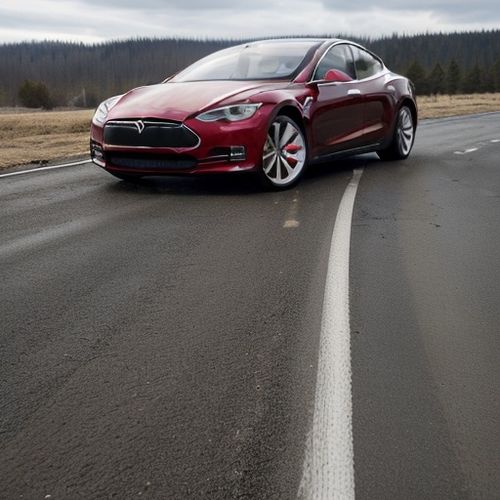
By Lily Simpson/Apr 29, 2025
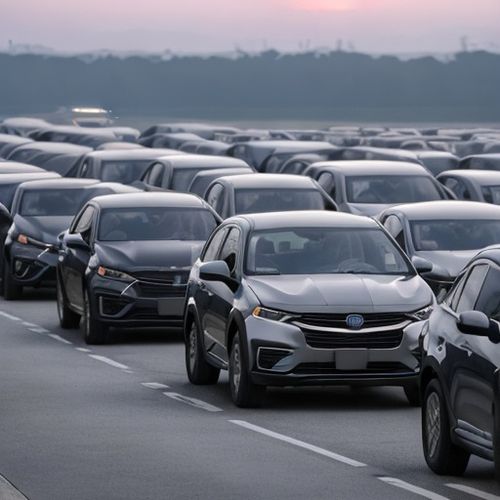
By Amanda Phillips/Apr 29, 2025
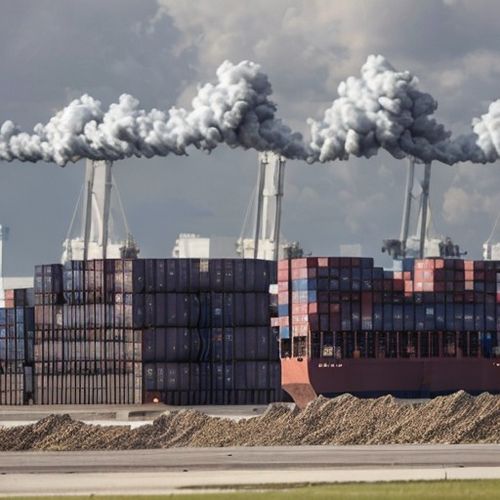
By James Moore/Apr 29, 2025

By Amanda Phillips/Apr 29, 2025

By Sophia Lewis/Apr 29, 2025
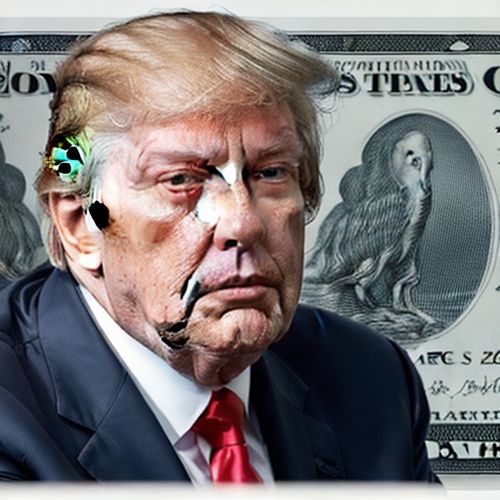
By Ryan Martin/Apr 29, 2025

By Elizabeth Taylor/Apr 29, 2025
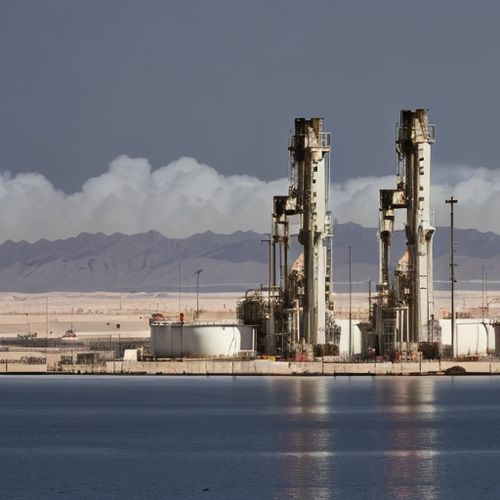
By Noah Bell/Apr 29, 2025
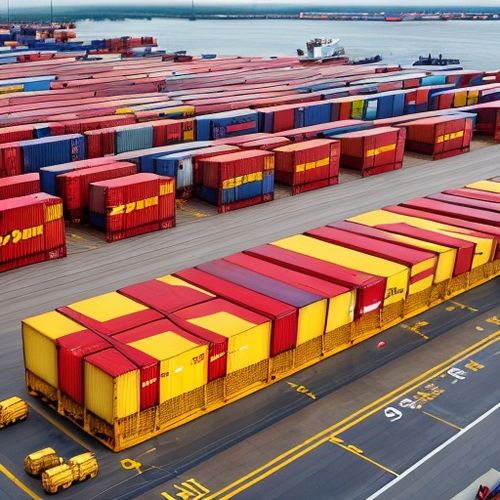
By Emily Johnson/Apr 29, 2025

By Grace Cox/Apr 29, 2025
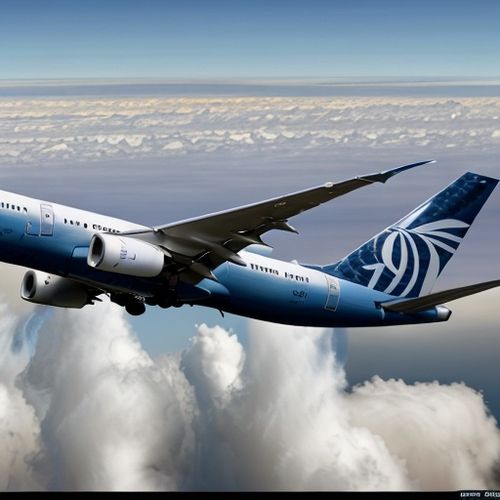
By Rebecca Stewart/Apr 29, 2025

By Elizabeth Taylor/Apr 29, 2025
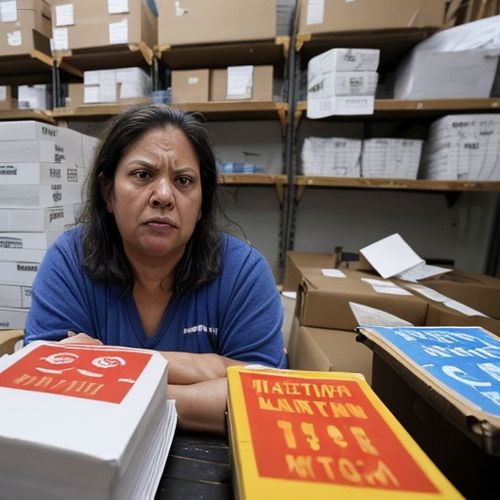
By Michael Brown/Apr 29, 2025
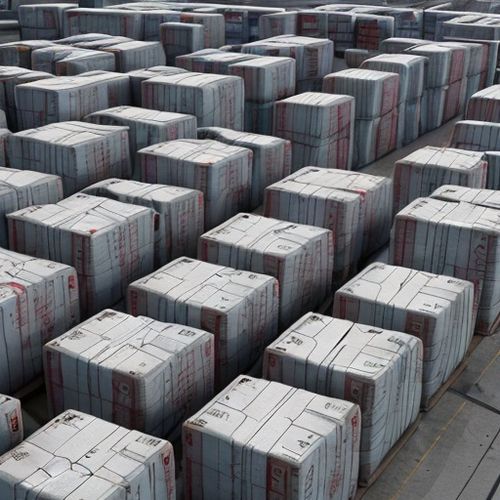
By Olivia Reed/Apr 29, 2025
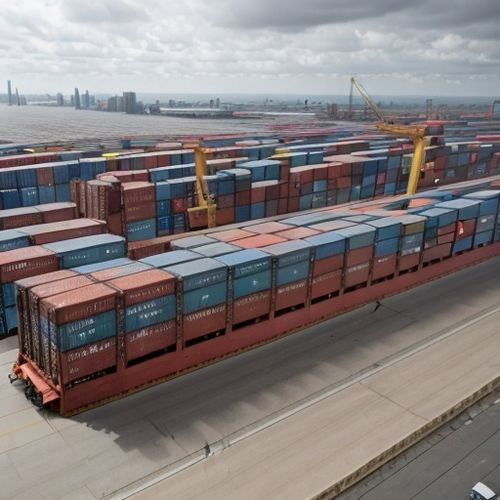
By Daniel Scott/Apr 29, 2025
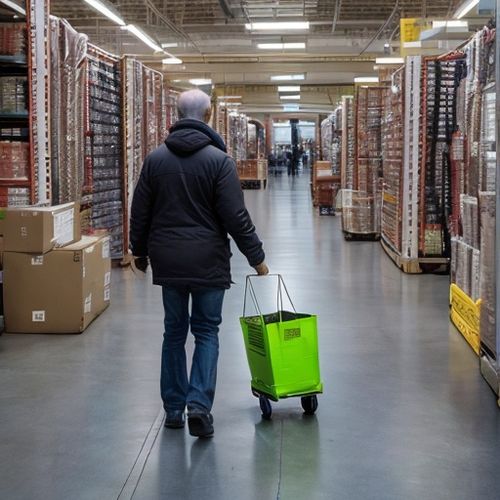
By Joshua Howard/Apr 29, 2025

By Megan Clark/Apr 29, 2025
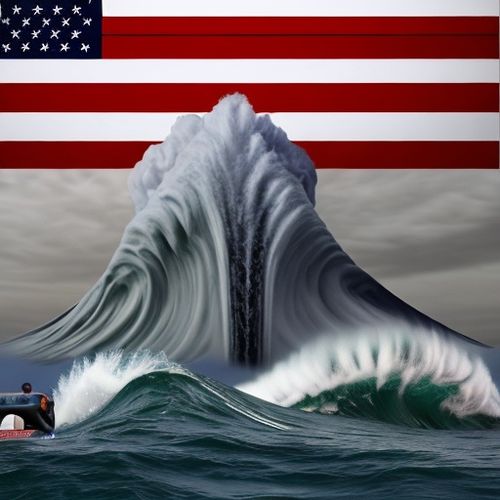
By John Smith/Apr 29, 2025